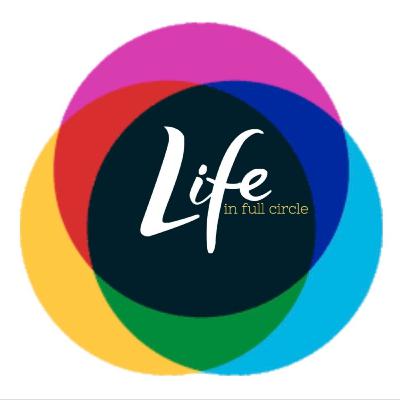LIFE
in full circle
Subscribed: 0Played: 0
Subscribe
© Relationships First - EmotionaI Intelligence Practice
Description
Throughout these podcasts you'll hear discussions about emotional intelligence - what that means, the benefits of it, and how you can put it into practice for a fulfilling life. My particular focus is on early childhood self-regulation and its relation to adulthood emotional management. Educator or student, parent or child, someone who enjoys looking deeper into human behavior, or just looking for something new - this corner of the internet is for you! As an ECH professional, I'm so grateful to share my passion for people with you! Go on! Click "play!" You don't want to miss this!
4 Episodes
Reverse
Comments






